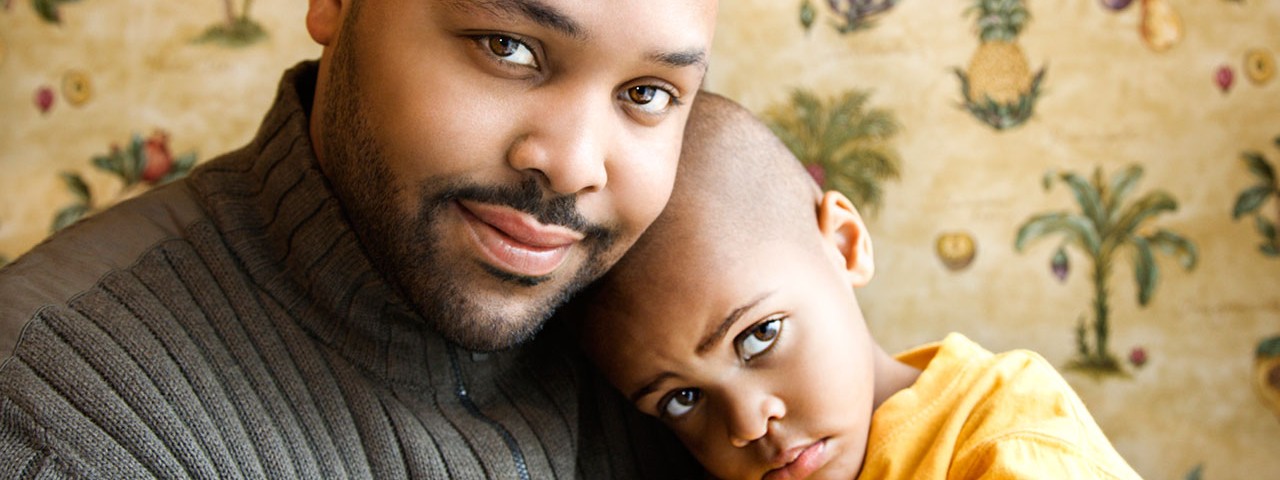How to Help Toddlers Through Difficult Behavior
- Tweet

All young children have a lot to learn about the social world, but some kids struggle more than others. Is your difficult toddler doomed to be a misfit? Happily, the answer is no. Whether they seem too shy to socialize, or too impulsive to get along with others, children with tricky temperaments can develop into happy, well-adjusted kids.
Defuse emotional outbursts – and encourage cooperation – with positive parenting! Tweet thisIt begins at home with you. Sensitive, affectionate, responsive parenting helps build secure emotional bonds and teaches babies lessons about empathy, cooperation, and conversational give-and-take. In addition, talking with young children about our emotions helps kids learn to regulate their moods and understand what other people are thinking and feeling.
But what about conflicts? What about anxieties? What should we do when kids seem withdrawn, unreasonable, or unwilling to cooperate? Individual differences can make some children particularly challenging to deal with, but we should take heart: Despite their social awkwardness, young children are naturally inclined to be helpful and cooperative – even during infancy. We can nurture this tendency by staying positive, understanding our children’s emotions, and creating an environment that rewards kids for prosocial behavior. Here’s how.
Defuse emotional outbursts -- and encourage cooperation -- with positive parenting.
What makes young children cooperative and helpful? In part, it’s about brain chemistry, a natural high: Friendly social signals -- smiles, praise, expressions of happiness and gratitude -- make us feel good, and motivate kids to behave in socially constructive ways.
By contrast, commands, threats, and punishments are less effective. Coercion might get results, but the approach can backfire, escalating conflicts and setting the stage for future confrontations. Moreover, there is evidence that forcing kids to comply undermines their good will. In one study, preschoolers showed lower rates of spontaneous generosity after just one experience of being ordered to share. It’s as if kids in such situations conclude that good behavior is a chore, something to be avoided when possible. Or why else would the adults resort to force?
For these reasons, psychologists recommend a different approach, one that treats young children as people to be understood, guided, and reasoned with – not merely ordered around. Caregivers who practice such “positive parenting” try to empathize with their kids, respond sensitively to their needs, and look for ways to avert situations that make toddlers angry or upset.
Instead of telling children what not to do (“No! Don’t pour that on the floor!), positive parents redirect kids towards acceptable alternatives (“Look, you can squirt the water on the grass…”) Punishment is avoided if possible, replaced by calm talk about how to make better choices. The most important tool for changing behavior is positive feedback – those friendly social signals that reward children’s brains for being cooperative or helpful.
It sounds good, but does it work on the most challenging kids – the children who seem particularly impulsive, hyperactive, or prone to outbursts of negative emotion? In fact, long-term studies suggest that these kids are the ones who benefit the most.
Give anxious kids the confidence they need to explore and socialize.
It’s normal for young children to be shy around new people, but some kids seem especially anxious or high-strung. The good news is that these easily stressed, emotionally reactive kids respond particularly well to sensitive parenting. Give them the emotional coaching they need – by responding to their concerns and teaching them how to regulate their own moods – and these children often thrive.
But being supportive doesn’t mean being overly protective, and we have to be careful about sending the wrong message. If a parent seems to confirm a child’s suspicions that the world is a dangerous place, his behavior is likely to get worse, not better. In fact, studies suggest that babies become more guarded around strangers when their mothers seem anxious or stressed-out.
The answer, then, is to project a sense of optimism and calm, and to encourage your toddler – through positive parenting – to take small steps towards independence. For example, parents of a socially anxious or withdrawn child might arrange for her to have time with a single playmate, letting the kids play side-by-side with toys that don’t lend themselves to competition or conflict. This provides a low-pressure environment that allows your child to socialize at her own pace. With extra sensitivity and thoughtfulness, parents of toddlers with challenging temperaments can guide their children toward positive social outcomes.

